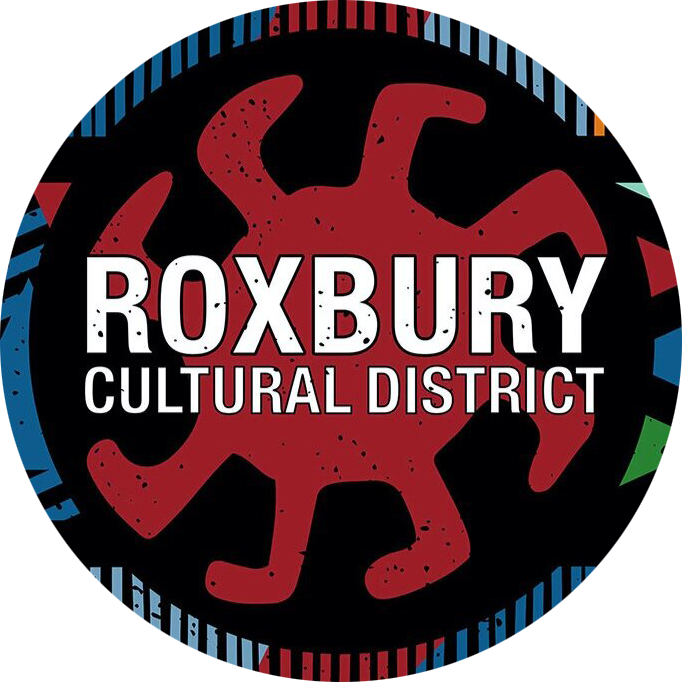


Board of Directors
Board of Directors
members
Olawumi Akinwumi
ArtsBoston
Board Member
Abria Smith
Artist
Board Member
Kay Mathew
Hibernian Hall
Board Member
Bithyah Israel
City Strings United
Board Member
PAST MEMBERS
Daniel Callahan
Multi-media Artist
President
Chris Yee
Treasurer
Kai Grant
Black Market
Board Member
Napoleon Jones-Henderson
Roxbury Master Artist
Board Member
Hakim Raquib
Hakim Photography Studio
Board Member
Yusuf Bramble
Crescent Graphics
Board Member

History of Roxbury
History of Roxbury
Roxbury
Roxbury is the geographic center of Boston. This mass of land, one of the first towns in the Massachusetts Bay Colony and originally named Roxborough (an English place name that goes back to the Latin word rex or king), holds a fertile history that includes the First People, early English settlers (the Colonists John Ruggles, John Eliot, William Pynchon), and the American Revolution (William Heath, William Dawes). Roxbury was a key position during the Revolutionary War (Fort Hill, Boston Neck and all early land traffic to Boston), home to abolitionist William Lloyd Garrison after the Civil War, and the urban expansion of Boston (annexed in 1868).
Increased transportation from an expanded trolley car system and elevated rail line helped the commercial center of Dudley Square flourish. By the early 20th century, Dudley was a vital retail center with movie theaters, a bowling alley, and department stores including Ferdinand’s, the largest furniture store in New England (Bruce C. Bolling Municipal Building).
During the mid-19th century, the Irish immigrant population began to grow and the neighborhood was a center of Irish social life (Hibernian Hall), and later, there was a growing Jewish community. Increased transportation from an expanded trolley car system and elevated rail line helped the commercial center of Dudley Square flourish. By the early 20th century, Dudley was a vital retail center with movie theaters, a bowling alley, and department stores including Ferdinand’s, the largest furniture store in New England (Bruce C. Bolling Municipal Building).
Throughout the mid-20th century and continuing to this day, Roxbury became the center of African American culture in Boston. The district has strong ties to jazz (Roy Haynes, Makanda Ken McIntyre) and early leaders of the civil rights movement (Malcolm X, Rev. James Breeden, and Melnea Cass). This period was also characterized by the impact of both urban renewal and land acquired by the Commonwealth for the expansion of I-95. The land that was cleared and acquired during this period remains a tangible part of Roxbury’s living history.
Today, many of the neighborhood’s racially and ethnically diverse residents live in public housing or subsidized units that were built after community leaders worked to replace housing on cleared land. The need for more housing throughout Boston (Housing a Changing City: Boston 2030) and strategies to redevelop publicly-owned land to increase economic opportunities and build wealth for residents are critical community issues.



